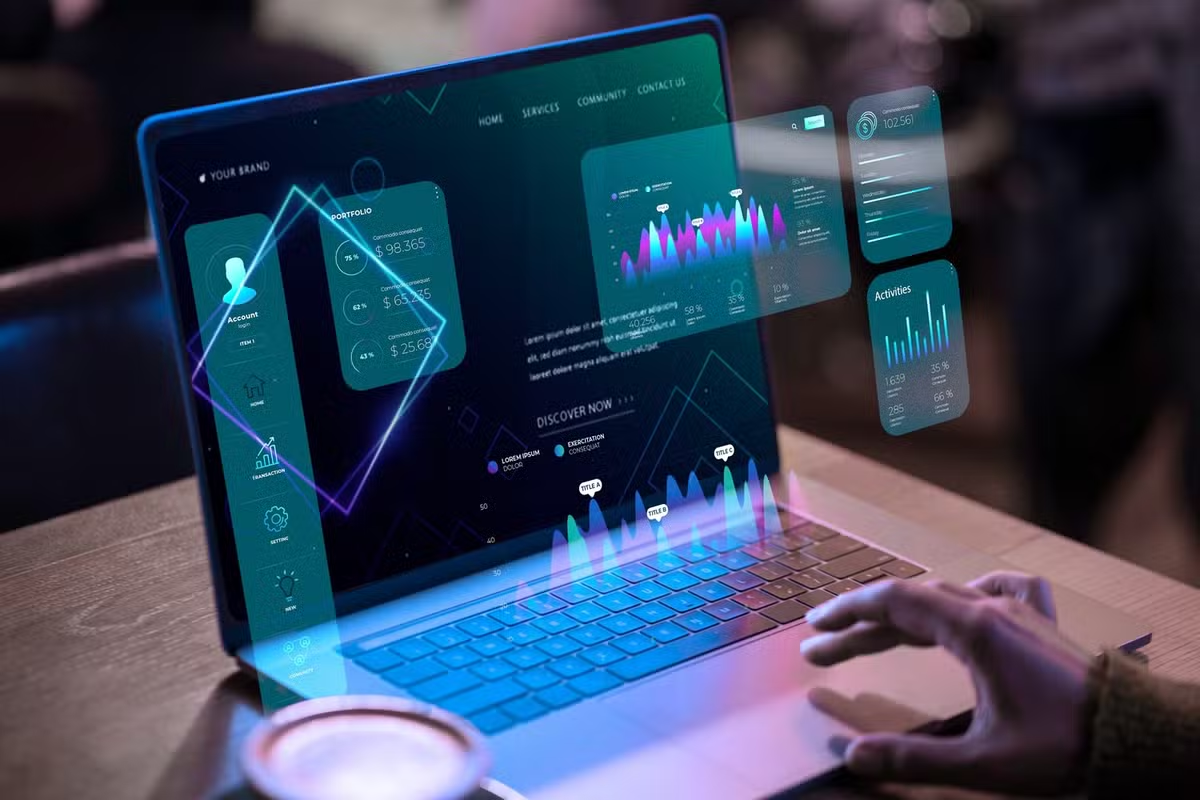
Number 2 Cielo investigation 89% of online stores launched in January 2025 are already using some type of data to support their sales strategy, especially in the areas of marketing, pricing, and customer experience. Yet, only 47% have experts dedicated to analyzing this information, indicating there is room for maturity in this area.
Brazil’s e-commerce sector continues to grow. Revenue is expected to exceed R$234 billion in 2025According to the Brazilian Electronic Commerce Association (ABComm), it is expected to grow by an estimated 15%. For professionals, much of this progress is due to the introduction of data-based solutions that help optimize campaigns, personalize the purchasing process, and reduce operational costs. “Numbers are no longer just a report, they have become a strategic asset for digital retail,” said Bruno Brito, CEO of Empreender, the company that develops Dash, a tool focused on e-commerce data analysis.
According to Brito, the big challenge facing virtual stores today is not collecting data, but converting it into real action. “Most store owners already have access to numbers on foot traffic, sales, and customer behavior. The problem is that many people view this information piecemeal. By consolidating everything into one panel, you can identify patterns and make smarter decisions,” he explains.
This trend is confirmed by international research. According to the report Retail Analytics Market in 2025According to a study published by MarketsandMarkets, the global retail data analytics market is expected to grow from USD 4.3 billion in 2020 to USD 11.1 billion in 2025, driven by the digitalization of sales and the pursuit of predictability of outcomes. In Brazil, this change is occurring as the e-commerce sector matures and the number of small entrepreneurs who have started selling online in recent years has increased.
For Bruno Brito, easier access to analytical technology has brought the distance between large and small retailers closer together. “Today, small e-commerce businesses can have the same level of strategic intelligence that big brands had five years ago. They can track conversion metrics in real time, monitor best-selling products, and even forecast demand based on historical time periods,” he points out. He also highlighted the benefits of using data for personalization: “Stores that understand customer behavior can offer a more intimate experience, increasing loyalty and average ticket volume.”
In addition to improving operations, the use of data has proven to be fundamental when facing times of economic uncertainty. According to Bain & Company’s Automation Scorecard 2024: Metric automation and analysis reduced operational costs by up to 22% Tools that integrate sales, inventory, and marketing information allow you to quickly respond to changes in consumer behavior. This is essential in an increasingly dynamic market.
With advances in artificial intelligence and automation platforms, the future of e-commerce in Brazil tends to become increasingly data-driven. “Retailers who learn to interpret numbers can stay ahead of the curve. Data is the new fuel for digital retail,” summarizes Brito.
The consensus among experts is that the use of data will no longer be a differentiator, but will become a fundamental competitiveness requirement in the coming years. The changes are expected to provide retailers that are more strategic, efficient and ready to anticipate trends, providing increasingly personalized and relevant experiences for consumers.



